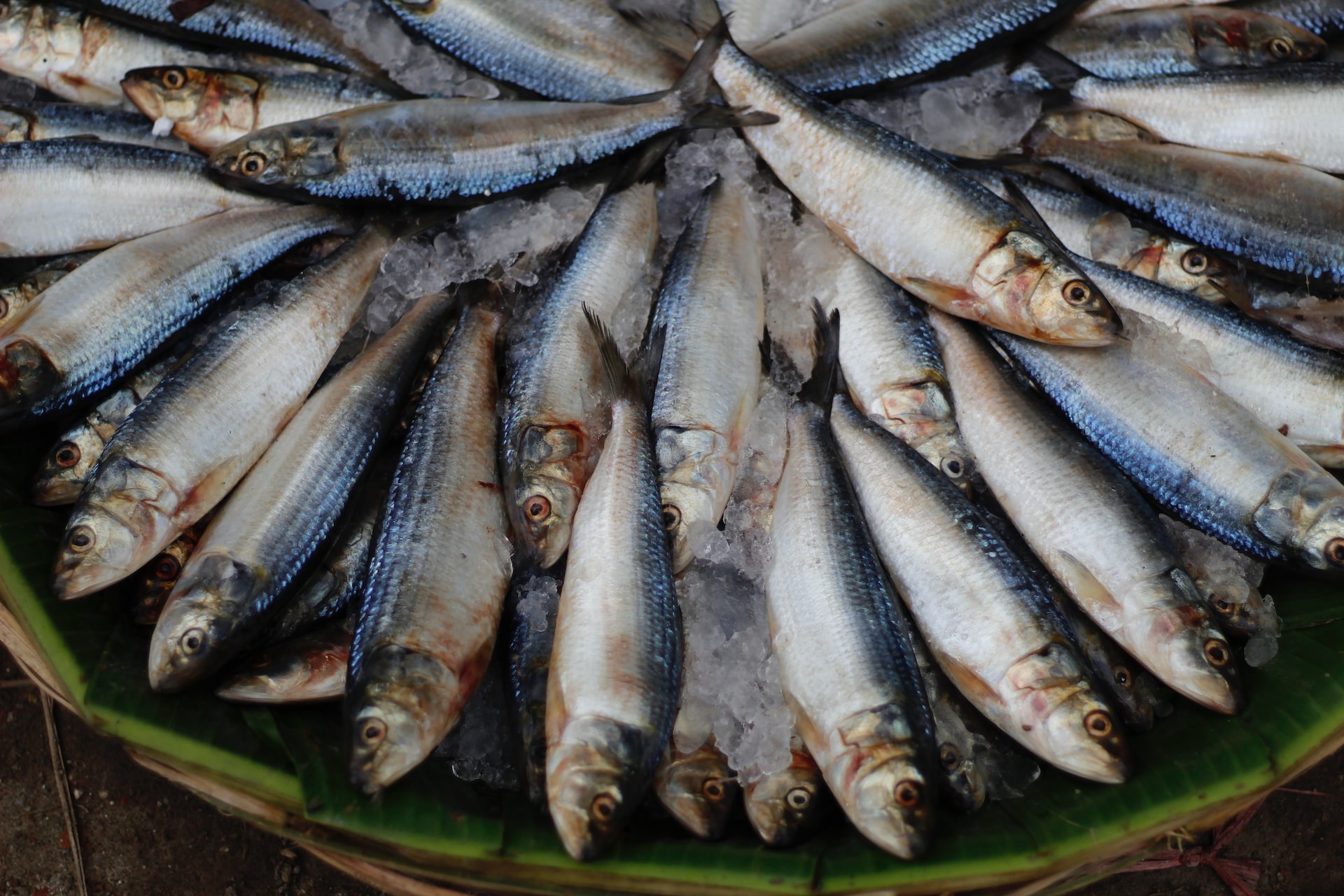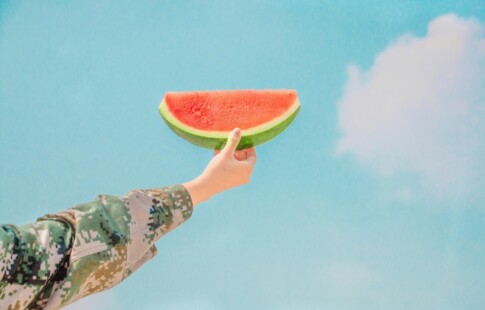
Sustainably Farmed Fish: Is It the Future?
We are reader-supported. When you buy through links on our site, we may earn affiliate commission.
Over time, seafood demand has risen. The world population is nearly 8 billion people, so the fishing industry turns to as many sources as possible to reach an adequate supply. Unfortunately, climate change has taken its toll on the oceans and, thus, the creatures in the seas. Is sustainably farmed fish the future? Why do some choose farmed fish over wild-caught?
What Is Sustainably Farmed Fish?
So, what is sustainably farmed fish? Some aquaculturists raise fish on farms instead of catching them in the ocean. Farming fish aims to produce fish in faster and more controlled environments than you’d see in the sea. Farm-raising fish has caught on as a more popular method of raising fish. In fact, it accounts for about half of the fish that the world consumes.
Fish farming has become more popular, but what makes it sustainable? These fish come from farms where the aquaculturists don’t feed them chemicals, antibiotics or hormones. Instead, the farmers will give feed made from natural ingredients like vegetables. They also take care of the water by only taking up a small portion of the water on the farm. A large body of water to house the fish means any natural waste won’t harm the water.
Another critical factor for sustainable fish farming is the tactics these groups take to reduce waste. The meat is only a fraction of what is helpful from the animal. Sustainable farms will repurpose the scales so a cosmetics company can use collagen. Fish oil can compose biodiesel fuel or animal feed. Anything else you may deem as unuseful could work well as compost. All of these factors play into what you can consider sustainably farmed fish.
How Can Sustainably Farmed Fish Help the Planet?
There are many reasons why sustainable fish farming can be beneficial to the world today. Environmental and economic factors have, in a way, pushed the planet to think differently about how it catches and raises fish. These three reasons show why fish farming can be sustainable and do more good than harm to the world.
1. Climate Change Effects
Climate change has wreaked havoc on the world. Scientists have noted its effects for over 50 years. It seems like global warming will worsen before it gets better. Global warming has negatively affected oceans by raising the temperatures in the water. Many fish species need to be in a specific temperature range to survive. The temperature affects their behavior, metabolic rate and energy.
Climate change has also caused problems with the fishing industry. Some seafood creatures, like mackerel and lobsters, have moved farther north because they need cooler water temperatures than their previous habitats. When fish move north, that means fewer opportunities for fishing in one state and more in another. For example, Atlantic mackerel have moved north, causing disputes among Atlantic coast states for who gets authority over the fishery resources.
2. Saving Threatened Species
Another pro of farmed seafood is the potential to save threatened species. Overfishing has had a devastating impact on oceans and other international bodies of water. To put it in perspective, over 90% of the marine fish in Europe are on the brink of extinction. Overfishing isn’t the only factor, though. You also have to consider offshore drilling for oil and gas, pollution, mining and various developments along the coast. But overfishing does play a massive role.
One way to save these fish is to farm them sustainably. On a farm, you can have a controlled environment where the fish can grow all year and don’t have to worry about rising ocean temperatures or other factors mentioned above. They can significantly benefit the species of fish facing extinction. They’re not perfect environments, but they would help save threatened species of aquatic animals.
3. Addressing Supply Chain Issues
One of the most significant benefits of fish farming would be addressing supply chain issues. Since the pandemic, the supply chain has become a hot-button issue. Pandemic regulations have slowed production in many industries, even though demand remains high or higher. Demand remains high for seafood, so farmed seafood could be an answer to supply chain problems.
Countries like Iceland rely on the fishing industry for their economies. In fact, about 67% of Iceland’s exports come from fish products. Icelanders consume only a tiny proportion of this fish, but the demand for the country’s fish remains high. The Icelandic fishing industry relies on strategies like fish farming to maintain an efficient supply chain.
What Wild Seafood Should You Avoid at the Store?
As mentioned above, overfishing is one of the primary issues for ocean life. Greed and carelessness have led to a depleted stock of particular species, including some you may consume in grocery stores and restaurants. Greenpeace has a list of 22 fish to avoid at the store because of overfishing and environmental destabilization. Some of these fish include:
- Yellowfin tuna: This species of tuna is notorious for its yellow finlets. You may see it in sushi or canned tuna. Right now, yellowfin tuna overfishing primarily occurs in the eastern Pacific and the Indian Ocean.
- Chilean sea bass: Chilean sea bass is one of the most popular fish worldwide. You can predominantly find them in the Pacific Ocean off the coast of Chile and south toward Antarctica. Currently, Chilean sea bass is not an endangered species, but they are at risk for overfishing. Becoming endangered in the next few years is a distinct possibility.
- Atlantic salmon: This fish species has become even more popular over the years. Atlantic salmon contains healthy fats and is a favorite among seafood lovers. It has become endangered in the wild, though. So the fishing industry has largely turned to farm-raised salmon to keep up with demand.
The Importance of Sustainably Farmed Fish
Seafood has been a critical part of human life for thousands of years. Fishing was more accessible than hunting wild game and was the primary food source for many civilizations. Now, fishing has become a problem.
Overfishing has led to sharp declines in some fish species, leading some seafood to extinction. One solution could be sustainably farmed fish. It’s not perfect, but sustainably raising fish could be an answer to the looming effects of climate change.
Share on
Like what you read? Join other Environment.co readers!
Get the latest updates on our planet by subscribing to the Environment.co newsletter!
About the author
Maria Visser
Maria serves as the Assistant Editor of Environment.co. A true foodie and activist at heart, she loves covering topics ranging from veganism to off grid living.





